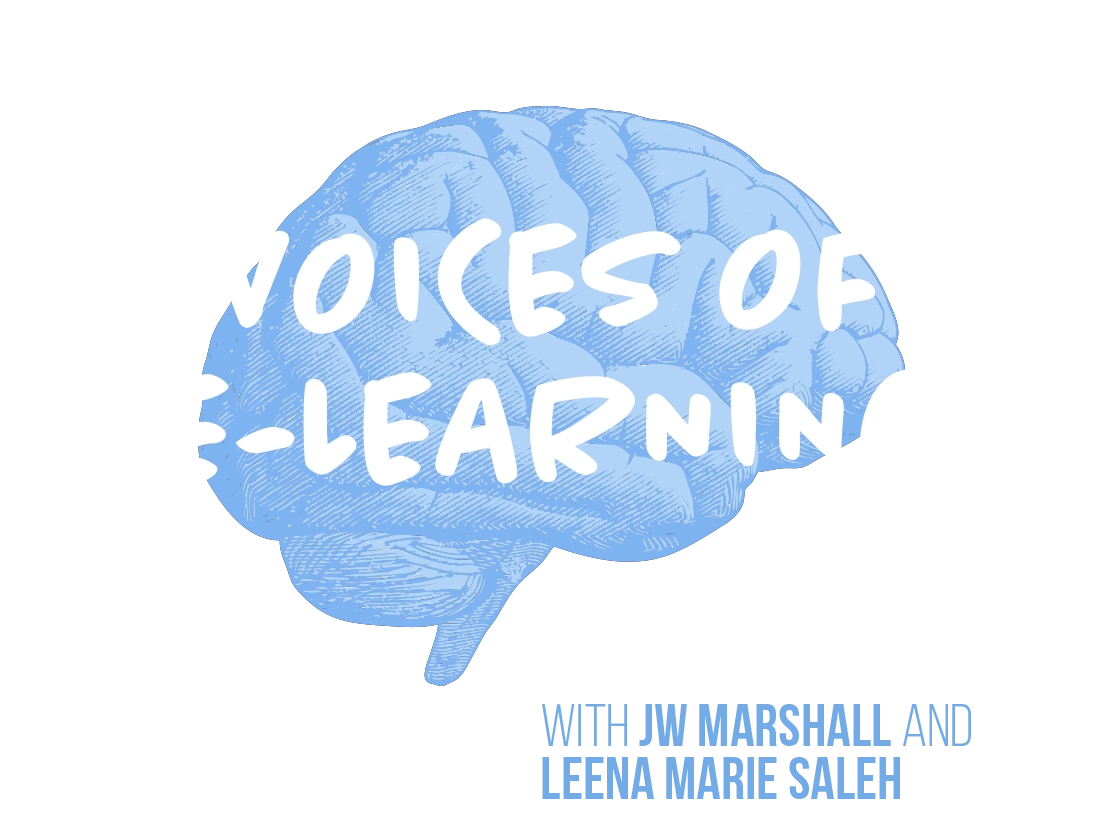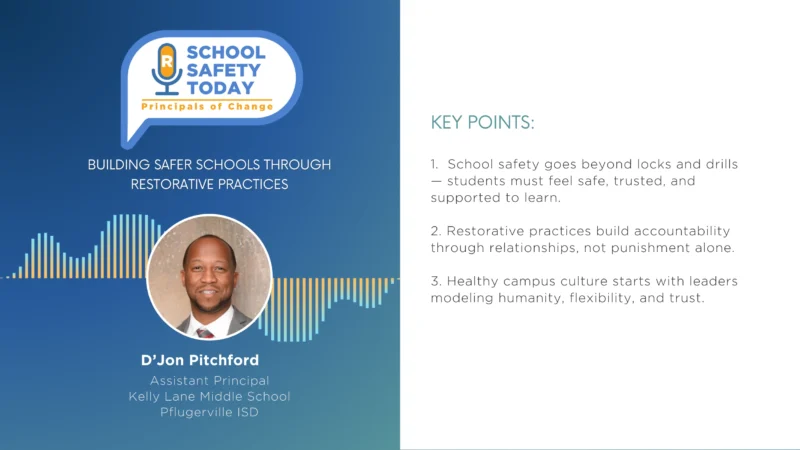Overcoming Challenges in Education: A School Principal’s Perspective
Has anyone ever said the job of a school principal is easy? No—and that isn’t surprising. Somewhere in the definition of the term “school principal” probably should be the phrase “overcomer of challenges”. That’s what they do every day.
Some of the challenges in education faced by today’s school principals range from everyday decision-making, scheduling, and curriculum design, to navigating the pandemic and its aftermath.
Student and teacher burnout from the stresses of the past few years is the new normal. All principals face challenges to keep spirits high and get learning back on track. So, how do principals overcome challenges in education?
That’s what Voices of E-Learning’s JW Marshall wanted to know. He’s hosted a wide range of education leaders on his podcast over the past few seasons, but he’s never heard from a principal until now. Joining Marshall for an in-depth conversation on the topic of school principals, leadership, and overcoming challenges in education was Dr. Derrice Randle, Former School Principal and current Educational/Corporate Trainer. Marshall asked Randle how technology fits in helping level some of those challenges.
“One of the things I’ve tried to do, and I try to push forward with administrators, is, how can we get teachers to that place where they feel like they don’t have so many things to do,” Randle said. “So, I can focus on my kids versus the extraneous things that are needed, but how can I focus more on my kids and less on that time that it takes to weed through data, to disaggregate data, and to figure out now, how do I take these great lessons that the district and I’ve come up with, and bring those to our kids in a way that allows every kid to make those incremental, and, sometimes, very large gains. We must be able to do that, and that’s the goal of technology, to equip everyone with those tools needed.”
Marshall and Randle’s discussion includes:
- The most helpful technology tools that help school administrators free up their time
- Differentiated instruction to put students on individual learning paths
- Changes in approaching mental health in students and administrators post-pandemic
“It’s about making sure our kids in our schools have what they need, because our teachers stress about their kids,” Randle said. “And, as an administrator, I stress about the kids on my campus as well as the teachers. How are they doing? And so, when I can make sure our kids are getting what they need, and our teachers aren’t having to work harder, but getting a chance to work smarter, then I feel better, I feel more refreshed, and I can go do the things for them they need.”
About Dr. Randle
Dr. Derrice Randle is a highly experienced education consultant with over 20 years of expertise in the management and administration of schools. His proven track record in promoting productive teaching and learning environment is exemplary. Randle successfully managed projects, led teams, developed strategies for successful implementation, and ensured that all stakeholders were well-informed about progress toward the desired outcomes. Randle received his Doctor of Education from Liberty University, his Med from Texas A&M, and his BA from Southern Methodist University.




